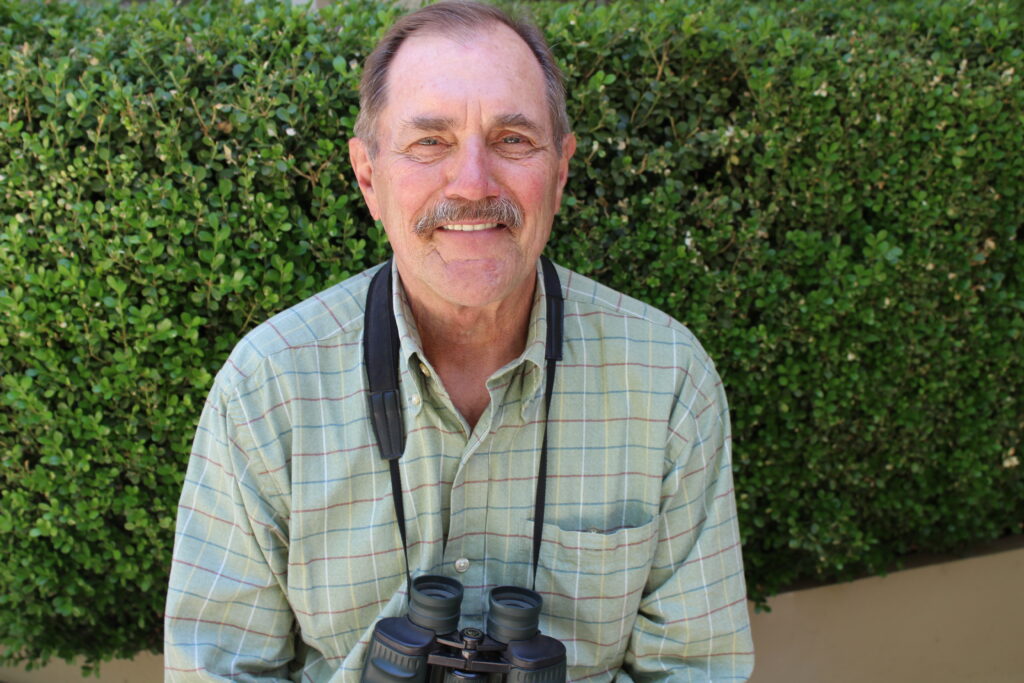A recent (June 16, 2023) article in the New York Times described the loss of trust in science, which is rather odd because during the pandemic the trust in science went up.
What is science? It is the pursuit and application of knowledge and understanding of the natural and social world following a systematic methodology based on evidence. So to study the nesting success of grackles, it’s a matter of looking in a large number of nests over several weeks’ time to see how many eggs are laid, how many hatch, and how many fledge. It’s tedious work, but it’s straightforward. Often this is done several years in a row to look at differences in success and then trying to find out reasons why.
So what’s not to be trusted about this and similar research? Nothing. Oh, there are miniscule examples of people fudging or even making up data but that’s rare. Before an article is published in a legitimate journal, editors and referees in the field evaluate the study. If it seems solid and well written it is published in a scientific journal where other scientists can see it, evaluate it, and publish further studies that support or oppose the original study. Piece by piece, smidgens of information accumulate to give us a body of knowledge.

How do we know that storks are related to vultures, that only New World vultures have a sense of smell, that a godwit can detect prey under several inches of mud using special sense organs in the bill, that birds navigate using geomagnetic lines of force, that birds are modern dinosaurs, and that a hummingbird’s heart rate is 50 beats per second? Because people with scientific know-how investigated these things systematically. And pretty much everybody accepts what ornithologists have to say. (The exceptions are those people who have seen some gigantic Thunderbird, or the Ivory-billed Woodpecker. These people are absolutely insistent that they are correct and I’m wrong.)
Why ornithologists tend to be trusted:
- Expertise and knowledge: Ornithologists undergo extensive education and training in their field, which includes understanding avian biology, behavior, ecology, and research methods. Their expertise gives them credibility in the scientific community.
- Scientific methods and rigor: Ornithologists adhere to scientific methodologies and practices, which involve systematic observation, data collection, analysis, and peer-reviewed publication. This scientific rigor helps ensure that their findings are reliable and trustworthy.
- Conservation: Ornithologists often play a crucial role in bird conservation efforts. Their research contributes to the understanding of bird populations, identification of critical habitats, and development of conservation strategies. Their dedication to the well-being of bird species earn them trust and respect from individuals and organizations that share these concerns.
- Contribution to public knowledge and education: Ornithologists often engage in outreach and educational activities to promote public awareness and appreciation for birds. By sharing their knowledge and expertise, they foster trust and credibility among the general public.
Dear Dr Roger.
You’ve got my vote of trust.
Not so towards those who proclaim that they are ‘following the science’., and speak unverified rubbish to further their ambitions, based on pseudo science, ambiguous and unverified for the most part.
Surely we can’t call that ‘science’ .
No wonder people in general feel they cannot trust that which has been forced upon them ‘in the name of (pseudo) science’ . Aka hogwash.
Just my two bits!
I think I am not alone in always enjoying your blog and answers to our questions,-obviously thoroughly researched and, when possible ,verified in the field ( pun intended).
Thank you!
Yes, you restore our trust in truth. Educated truth.
A
Thank you!
I love your mind and I deeply appreciate your science.
My father was also a scientist with a deep and abiding love for nature and music, because as he was fond of saying, “How much more miraculous can it get?”
First, there is nothing and approximately 30 trillion cells later you have a Mozart or Leonard Bernstein?
Conglomerations of creatures arise that buzz, soar, fly, dive, trot, jink, spiral and susurrate? Seriously?
Thank you for your kind offering of intelligent discourse on the flight-ful ones! Your knowledge, and the fluency with which you share it, are a delight.
Thank you for addressing this subject. It is a very sad state of affairs when someone with no credentials puts up a Youtube video, and people accept this in lieu of all scientific evidence to the contrary.